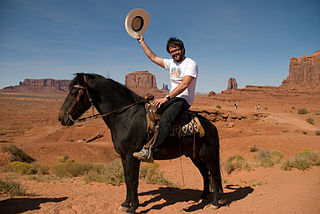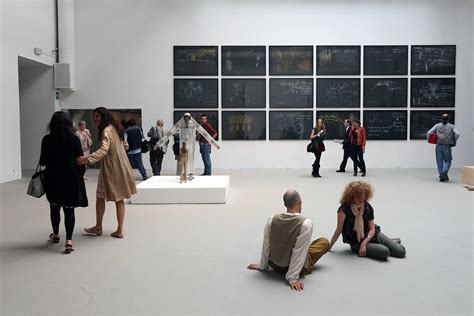A Quote by David Harvey
Cities begin to use cultural production as a way to market their city as being unique and special. Of course, the problem with this is that much of culture is very easy to replicate. The uniqueness begins to disappear. Then, we have what I call the "Disneyfication" of society.
Related Quotes
When you look at a city, you know, it looks so unique. You feel this kind of uniqueness, you know, and especially if you go from a big city to a small city or if you go from one country to another. Cities look very different, often. They even feel very different. You know, and they are, of course. They certainly are.
I've spent most of my life in L.A. and I'm still amazed at things that I don't know about the place. There are a lot of places I've never been to yet and I may never even make it. There's so much here and there's so much of a variety in terms of culture now. It's amazing. It's all here in one big city. In a lot of ways, the city is unique in the world because it's hard to find another city that has the diversity and range. It's a microcosmic planet, if you look at it that way. And in that sense, it's very much an experimental city.
Evolution explains our biological evolution, but human beings are very unique creatures. As the Dobzhansky said, all animals are unique; humans are the uniquest. And that uniqueness of being human, language, art, culture, our dependency on culture for survival, comes from the combination of traditional biological evolution.
For much of Toyota's history, we have ensured the quality and reliability of our vehicles by placing a device called an andon cord on every production line - and empowering any team member to halt production if there's an assembly problem. Only when the problem is resolved does the line begin to move again.
When the back-to-the-cities trend started taking root, albeit very unevenly, cities were so glad to finally land deals that they routinely overpaid, not having a solid grasp of the demographic and market forces they should have been channeling instead of subsidizing. It’s especially true for retail and entertainment projects, which generate very poor-quality jobs. I have yet to find a city that has figured out how to ‘take the foot off the pedal’ and stop over-subsidizing, even when gentrification becomes a problem.
On a very, very basic level, I'm definitely pro market because with the market comes the idea of the individual and the idea of specialisation, and I personally like being an individual and choosing my interactions. I don't see culture moving away from that, like back to a farming society. You couldn't do that with the amount of people we have.
Our society offers little in the way of reeducation for those who have been torn away from their traditional culture and suddenly exposed to all the blandishments of mass culture-even the churches which follow the hillbillies to the city often make use of the same "hard sell" that the advertisers and politicians do.





































